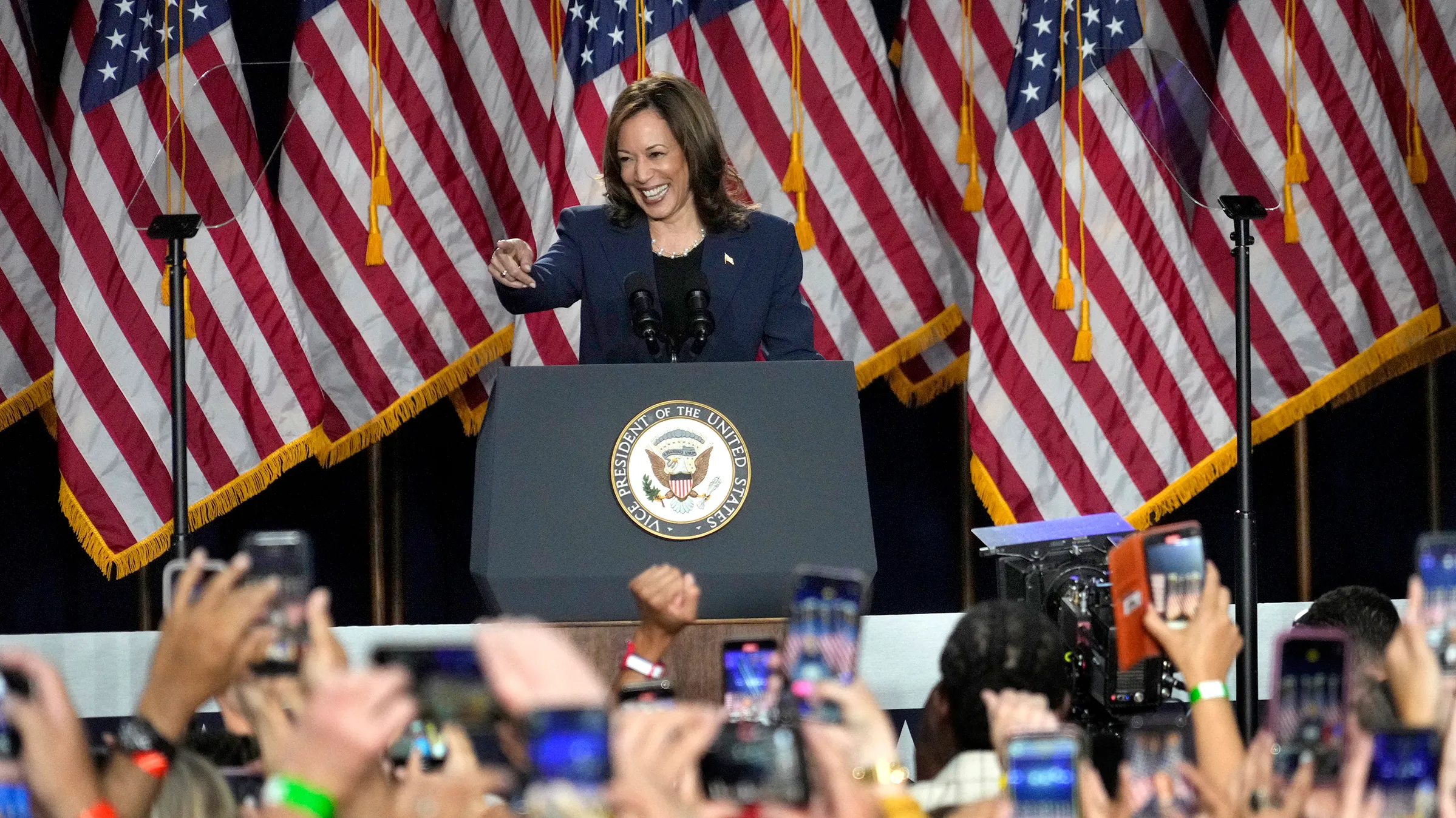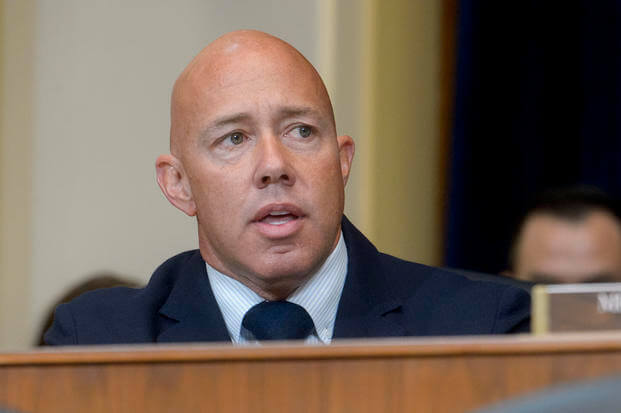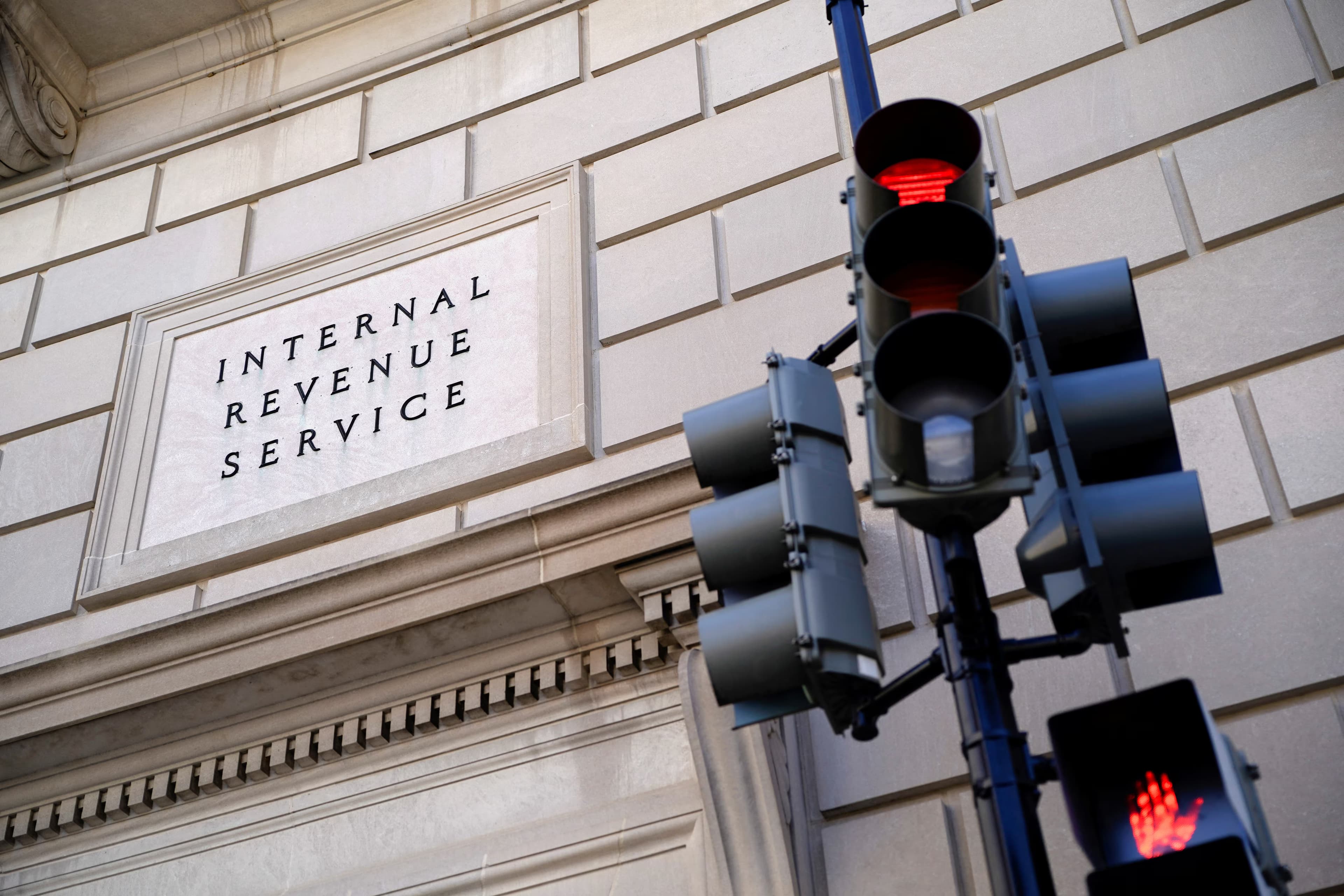The Internal Revenue Service has just unleashed a seismic shift in American politics. On July 7, 2025, the I.R.S. declared that churches and other houses of worship can now endorse political candidates to their congregations. This radical decision dismantles a long-standing ban on political activity by tax-exempt nonprofits, directly impacting the principle that these organizations should not serve as tools for political campaigns.
Historical Context of Tax-Exempt Status
This new allowance fundamentally alters the landscape of nonprofit organizations in the United States. For over fifty years, the ban on political endorsements was a cornerstone of tax-exempt status, designed to maintain the separation of church and state and to prevent the misuse of public resources for partisan gain. The I.R.S. has now taken a significant step back from this principle, as reported by The New York Times.
Implications for Political Campaigns
The ramifications of this ruling are profound. Churches, which often have substantial influence over their congregations, can now sway votes in favor of specific candidates under the veil of a tax-exempt status. This opens the floodgates for religious organizations to become overt political players, potentially amplifying the voices of a select few while silencing those of marginalized communities. According to the I.R.S., this change was prompted by a lawsuit from two Texas churches and an association of Christian broadcasters seeking broader exemptions, which could have allowed all nonprofits to endorse candidates.
\n\n
Kamala Harris notes importance of Wisconsin in speech at first presidential rally
Impact on Marginalized Communities
This ruling disproportionately impacts marginalized communities who have historically relied on secular organizations for support and advocacy. The potential for religious organizations to engage in political endorsements raises concerns about whose voices will be amplified. Will these churches prioritize the needs of their congregations, or will they align with candidates who reinforce their own interests? This scenario risks sidelining critical issues such as workers" rights, criminal justice reform, and economic equality that often do not align with religious narratives.
The Threat to Secular Nonprofits
The implications extend beyond religious institutions. Secular nonprofits, which have been vital in advocating for social justice and economic reform, could find themselves at a competitive disadvantage. As churches become more politically active, secular organizations may struggle to secure funding and visibility. This could lead to a dangerous environment where religious perspectives dominate the dialogue around policy issues, further entrenching existing inequalities.
\n\n
House Republican Pushing for Tax Exemption for Military ...
Calls for Action from Progressive Leaders
Progressive leaders and advocates are sounding alarms about this decision. Many are calling for immediate legislative action to protect the integrity of nonprofit organizations. The potential for political endorsements by churches could establish a precedent that undermines public trust in these institutions. A coalition of advocacy groups is mobilizing to counter this shift, emphasizing the importance of maintaining a clear boundary between religious institutions and political campaigns.
This is not just a legal issue; it is a moral one. The exemption could empower churches to endorse candidates who oppose critical social justice initiatives, such as police accountability and prison reform. As the I.R.S. has opened the door, the stakes have never been higher for those who fight for an equitable society.




![[Video] Pope Leo XIV condemns anti-Christian violence in Nigeria, Bangladesh, and Damascus](/_next/image?url=%2Fapi%2Fimage%2Fthumbnails%2Fthumbnail-1768006244320-mmtpte-thumbnail.jpg&w=3840&q=75)


![[Video] Gunfire between Iraqi security forces and Sadr militias in Baghdad](/_next/image?url=%2Fapi%2Fimage%2Fthumbnails%2Fthumbnail-1768343508874-4redb-thumbnail.jpg&w=3840&q=75)
